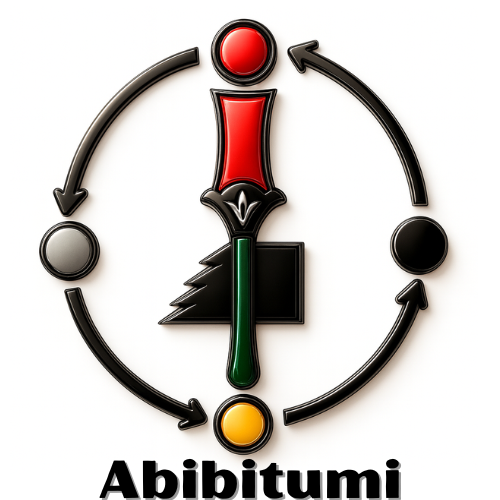-
MY NAME: GULLAH, AFRICAN, OR BOTH?
I once gave my name to a county auditor for some property that was being transferred. He was black and his curiosity got the best of him. He wanted to know where my name “Dia Sekou Mari-Jata” originated from. He supplied the answer for me by saying “Africa?” Although I quite understood on the face of it he was right, but I needed to be more informative and specific and said “No, my name is African-American originating from the Gullah People who live in the South-eastern part of the United States, on the coasts and Sea Islands.” He did not have a clue as to what I was saying but surprised at my response he did not pursue his query. Since he did not even understand this connection there was no use in telling him that my Great-Grandfather, Mr. Brody was Gullah, whose parents were slaves on the Brody Plantation either in South Carolina or North Carolina; and that my Grandfather is mixed Gullah-Seminole, whose parents were black Gullah father and Seminole mother, belonging a mixed group related to the black Washitaw Indians or Washitaw Moors who were originally from Louisiana, Alabama, and lower Mississippi, where 1940 Census records shows my Grandfather was born. Even if I explained the grammatical foundation and meaning of my name sadly he would not have understood it because of our defective educational system that “crowds” us into the Euro-centric knowledge base that best serves the interest of the rulers of the United States Empire & Imperium. However, this deficiency in our general education and understanding of ourselves; I can inform those who read this post to research this information for themselves. One classic source to begin is by Lorenzo Dow Turner in his “Africanisms in the Gullah Dialect.”
Under the section “Gullah Personal Names” you will find the elements of my name as follows: Dia = di’ (aspirated) means in Twi “to take and use,”; in Ewe “to look out for,” or “to wish”; in Yoruba (Southern Nigeria) “to become,” or “to enchant.” [1] According to some scholars “Dia” is a royal title of the Dia Dynasty of West Africa that means “champion.” In Arabic “dia” means “bright light.” History records that the Dia line of rules gave way to black muslin advance of the Sunni Songhai Empire around 1335.
Sekou = saku means or refers to in Kongo (Angola) “a ring of dry plants that encircles the groundnuts; or “a sack” or “a knife having a large blade,” and is a title of the heir apparent of the throne of Kongo.[2] In other West African languages it means “fighter.”
Mari-Jata = mari’ata was given no meaning by Turner but he cites it as Vai name (Liberia and Sierra Leone)[3] = where the Gullah believe they originated from as rice growers, a farming technology they passed on to their slave masters in the Sea Islands. “Mari-Jata” happens to be the personal name of Sundiata = Sun-Jata of the Mali Empire, where “Mari” means “to guide” and refers to a “prince” in Arabic. In the Ethiopian language of Amharic “Mari” (መሪ) means “guide”, “leader”, “leading spirit”, “pilot”, “head (of government)”, “conductor (of orchestra)”, or “steering wheel.” Amharic “Mari” seems to be derived from the classical Ethiopian language Ge’ez, that is, “marana” or “maran” (መረነ, መረን) or at least be of the same family or semantic domain, meaning “shine”, “sparkle”, “candlestick”, “lamp.” Also in Amharic “Mari-Geta” (መሪ ጌታ) refers to a chief religious official, called a Dabtara who acts as a guide in the spiritual service of the Ethiopian Orthodox Tawehedo (ተዋሕዶ) Church. We note here that “Jat” or “Jata” in Wolof refers to a “Lion.”
My Gullah-African name taken together, that is, Dia Sekou Mari-Jata = Di’ Saku Mari’ata (in the Gullah spelling) means among other things something like “Champion Fighter, Who Leads Like a Lion,” or “Champion Fighter, Lion King,” or “Guiding Light, Who Fights Like a Lion.”
[1] Lorenzo Dow Turner. Africanisms in the Gullah Dialect. (South Carolina: University of South Carolina Press, 2002), p. 74.
[2] Turner. Africanisms in the Gullah Dialect, p. 153.

 Title: Mother with Watermelon and Child – Framed Original Artwork
Title: Mother with Watermelon and Child – Framed Original Artwork 